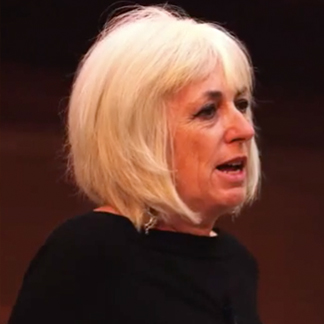SCIENCE & PSYCHOLOGY

 DATE & LOCATION
DATE & LOCATION
This event has now passed
Friends House, London & Online
This event has now passed
St Michaels, Bristol
PROGRAMME & SPEAKERS
Hypnosis – is it real?
For many people hypnosis is viewed as anything but scientific. However, the job of science is to provide evidence-based explanations for observable phenomena.
The lecture will include a demonstration of hypnosis, during which you can observe what happens and ask questions afterwards to try to understand what is actually happening.
About Andrew Newton
Andrew is one of the world’s leading authorities on hypnosis, addressing audiences in the UK, America, Australia, New Zealand, South Africa, Norway, Sweden, India. He is a member of the Royal Society of Medicine and Senior trainer in Hypnosis at Europe’s leading Hypnotherapy training school in Oslo, Norway.
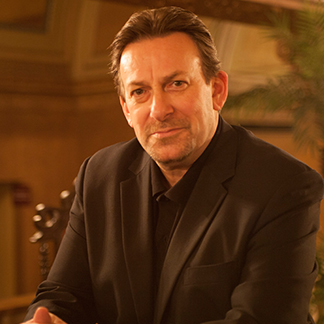
Magic – it’s all about psychology
The real secret to magic tricks is that they’re not about fooling the eyes, but bamboozling the brain. Every trick is a real-world psychology experiment. Discover how magicians can offer surprising insights into the way we think and act, by exploring questions including:
What is misdirection and why is it often misunderstood?
What captures our attention and how does that affect what we see (and don’t see)?
- How reliable are our memories, and can they be improved?
- Should we believe our perception of reality?
With enthusiasm, humour and interactive elements, Oliver Meech takes you on an eye-opening tour of our amazing brains.
About Oliver Meech
Oliver studied Psychology at Oxford University and Magic at The Magic Circle, and combines the two in critically-acclaimed shows, talks and books.
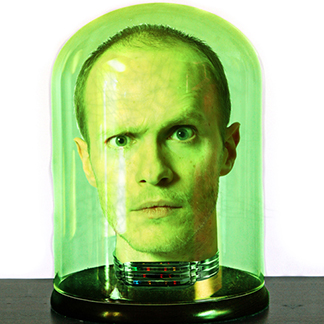
Science and Psychology of Compassion and Human Suffering
Suffering is part of being human. Compassion is fundamental to human survival. Compassion is said to be an evolved and fundamental part of human nature, and wired into our brains, physiology and biology. Compassion can be experienced through suffering. Compassion in response to human suffering can impact on psychological, physical and community wellbeing. Compassion can shape our experiences and interactions with ourselves, others and the world.
This talk touches on recent developments around the science and psychology of compassion, as well ancient wisdom, practices and philosophy, with examples of ways we can cultivate compassion in our everyday lives.
About Dr Chantell Douglas
Dr Chantell Douglas is a highly specialist, senior clinical psychologist, yoga teacher and yoga therapist. Chantell has worked in mental health for 15 years. Chantell is interested in mindfulness, compassion and narrative understandings of human suffering, and the intersections with science, psychology and social justice. Chantell works as a Clinical Lead in the NHS, and in private practice. Chantell is passionate about compassion-focused, holistic and community approaches to wellbeing, and the ways we honour and connect to wisdom. Chantell works with organisations and community settings including consultation and training, and therapeutically with individuals and families.

Dancing – Science and performance
Do you think arts and sciences require different thinking and skills? Many students feel they have to choose between pursuing creative and scientific subjects, but did you know that the same psychological skills and thinking is used in both?
The lecture will include live experiments and dancing, where you can learn how psychologists use dance to understand the mind and behaviour.
About Dr Lucie Clements
Lucie began training in ballet and then went on to study and work in science and psychology. As a psychologist she teaches dancers around the world about the role of science in performance.
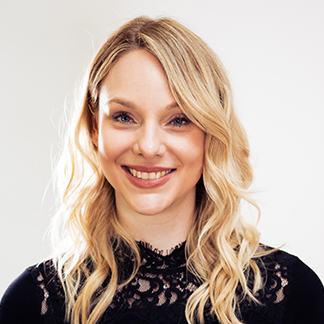
Bad Science
We assume that all scientists are honest folk and that we can trust what we read in the scientific journals. However, recent studies have suggested that a worryingly high number of researchers are not quite as trustworthy as we would like to believe. Psychologists, like all scientists, can, on occasion, go ‘rogue’ in their quest for academic fame and fortune.
This talk takes a close look at just how easy it is for researchers in psychology to twist the truth or even deceive us completely when it comes to publishing research and building reputations. We will also look at how the subject has responded to these concerns about academic integrity and is in the process of rebuilding our trust in psychology and psychologists.
About Mike Cardwell
Mike has recently retired as a Senior Lecturer Bath Spa University. He is a prolific author of Psychology textbooks and a, former Chief Examiner for AQA Psychology A level.
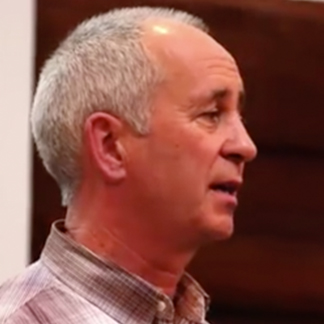
Science – what’s the point?
During the Pandemic the government said ‘we are following the science’. But the idea of ‘following the science’ is just nonsense, a misunderstanding of what science is.
Science is at the core of psychology – the scientific study of behaviour. It is also at the core of your A level exams. Cara will explain why you could actually gain a pass mark in A level Psychology on just research methods marks. So it makes sense to learn to love it – that is, if you don’t already enjoy doing and learning about science and research methods.
About Cara Flanagan
Cara is known for her numerous Psychology textbooks – at last count well over 50 of them for the different exam boards and also specialist texts on research methods. She taught for 20 years (maths, computing and psychology) and was a senior examiner for AQA Psychology A level.
